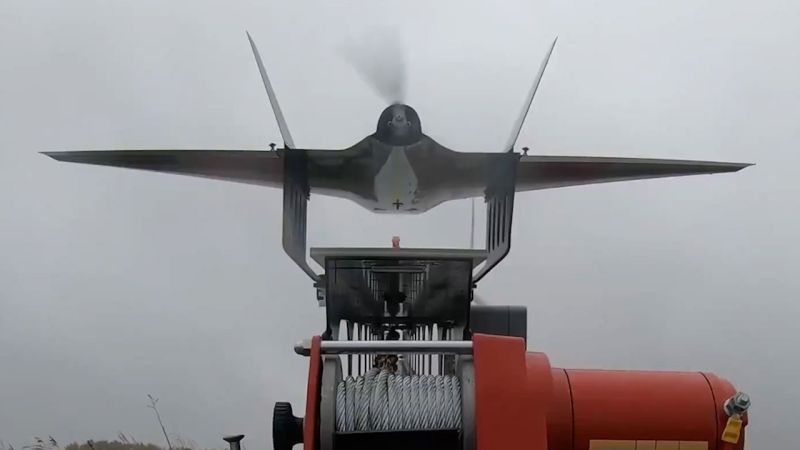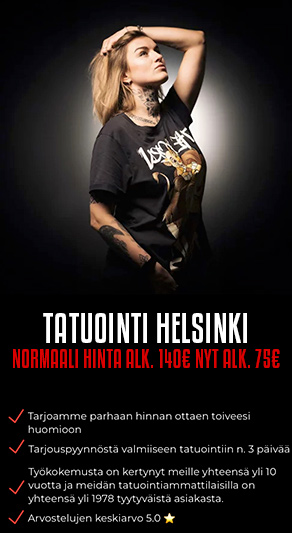That economy held up well for two years but this third year has become harder. The central bank has raised interest rates to 21pc to choke off an inflation spiral. “The economy cannot exist like this for long. It’s a colossal challenge for business and banks,” said German Gref, Sberbank’s chief executive.
Sergei Chemezov, head of the defence giant Rostec, said the monetary squeeze was becoming dangerous. “If we continue like this, most companies will essentially go bankrupt. At rates of more than 20pc, I don’t know of a single business that can make a profit, not even an arms trader,” he said.
The resurrection of the Soviet military industrial complex – to borrow a term from Pierre-Marie Meunier, the French intelligence analyst – is
cannibalising the rest of the economy. Some 800,000 of the young and best-educated have left the country. The numbers slaughtered or maimed in the meat grinder are approaching half a million.
Russia’s digital minister says the shortage of IT workers is around 600,000. The defence industry has 400,000 unfilled positions. The total labour shortage is near 5m.
Anatoly Kovalev, head of Zelenograd Nanotechnology Centre, said his industry was crippled by lack of equipment and could not replace foreign supplies. “There is a shortage of qualified specialists: engineers, technologists, developers, designers. There are practically no colleges and technical schools that train personnel for the industry,” he said.
Total export earnings from all fossil fuels were running at about $1.2bn (£940m) a day in mid-2022. They have fallen for the last 10 months consecutively and are now barely $600mn. The Kremlin takes a slice of this for the budget but it is far too little to fund a war machine gobbling up a 10th of GDP in one way or another.
Oil tax revenues slumped to $5.8bn in November, based on a Urals price averaging near $65 a barrel. That price could fall a lot further. Russia is facing an incipient price war with Saudi Arabia in Asian markets.
Putin is raiding the National Wealth Fund to cover the shortfall. Its liquid assets have fallen to a 16-year low of $54bn. Its gold reserves have dropped from 554 to 279 tonnes over the last 15 months. The fund is left with illiquid holdings that cannot be crystallised, such as an equity stake in Aeroflot.
The long-awaited rally in oil prices keeps refusing to happen. JP Morgan said excess global supply next year would reach 1.3m barrels a day due to rising output from Brazil, Guyana,
and US shale. Rosneft’s Igor Sechin has told his old KGB friend Putin to brace for $45-$50 next year. Adjusted for inflation, that matches levels that bankrupted the Soviet Union in the 1980s.






